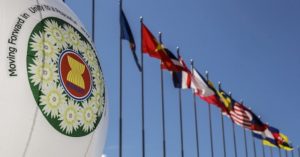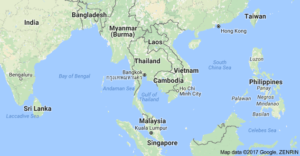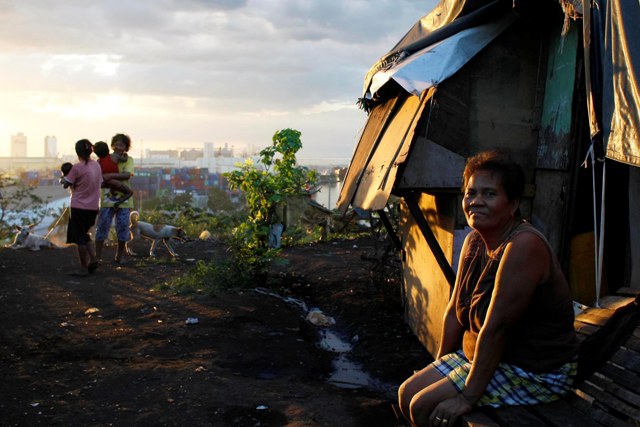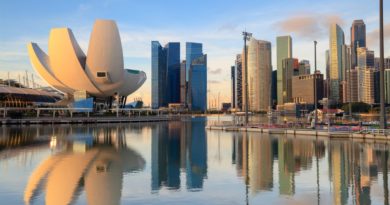ASEAN: Manila – Report: 90% of poorest in ASEAN are Indonesians, Pinoys
.
MANILA, Philippines — Almost 90 percent of people living in extreme poverty in Southeast Asia are in Indonesia and the Philippines, according to a report.
This was one of the findings of the report entitled “Association of Southeast Asian Nations (ASEAN)-China-United Nations Development Programme (UNDP) Report on Financing the Sustainable Development Goals (SDGs) in ASEAN: Strengthening Integrated National Financing Frameworks to Deliver the 2030 Agenda.”
<>
ADVERTISEMENT: This space is reserve for your Ad, contact aseanews.net now!
<>
It focused on streamlining development financing and strengthening domestic resource mobilization in 10 ASEAN countries in order to finance national development. It also highlighted China’s financing in ASEAN.
<>
ADVERTISEMENT: This space is reserve for your Ad, contact aseanews.net now!
In his remarks during the report launch, Vongthep Arthakaivalvatee, deputy secretary-general for ASEAN Socio-Cultural Community, said “ASEAN’s greatest asset is its people and proper financing will enable (them) to reach their potential.”
“This report provides us with an understanding on the scale and mix of financing in the ASEAN region and the opportunities that can be explored to maximize financing for SDGs,” he said.
It noted that while extreme poverty has fallen across the region from 17 percent in 2005 to seven percent in 2013, many of the working poor remain vulnerable to falling back into poverty.
An estimated 36 million people in the region still live below the international poverty line, with almost 90 percent of them living in Indonesia and the Philippines, the report said.
The report underscored the importance for ASEAN, as a region, and member-states in their national capacity, to identify how to finance poverty eradication programs in order to realize the SDGs and ASEAN Vision 2025.
While ASEAN has made progress in addressing infectious diseases, challenges prevail as it now faces the rising rate of non-communicable diseases, the report said.
Providing universal health coverage (UHC) is key in improving the lives of the people in ASEAN, the report added.
It said Brunei Darussalam, Malaysia and Thailand are able to provide UHC through a tax-funded system while Singapore provides UHC through a contribution-based system that includes a social assistance component.
Indonesia is committed to providing UHC and has set a target for achieving UHC by 2019.
“The design and configuration of the financing model used affects how successfully the policy reaches the poorest people, expands the range of services on offer and reduces the costs they face,” the report said.
“Financing SDGs is everyone’s business. All actors – public, private, domestic and international – have a role to play,” said assistant secretary-general Haoliang Xu of the UNDP.
“It is not just about funds; it is about partnerships across public and private sectors. We need to move to more integrated approaches of financing the SDGs across these sectors,” he added.
He said the Permanent Representative of Mission of China to ASEAN noted that China is ready to work even more closely with ASEAN countries to seek greater synergies between the Belt and Road Initiative and the Master Plan on ASEAN Connectivity 2025, enhance infrastructure building and connectivity across the region.
Indonesia is the most populous country in ASEAN with over 257 million people, followed by the Philippines with 100 million, comprising more than half of the 639 million population of the region.
Among ASEAN member-states, Indonesia has the biggest economy with $819 billion, followed by Thailand with $395 billion and Malaysia with $296 billion.
The head office of the ASEAN released the report with the People’s Republic of China and the UNDP.
Courtesy:
The Philippine Star | Updated November 19, 2017 – 12:00am
>


<>
NOTE : All photographs, news, editorials, opinions, information, data, others have been taken from the Internet ..aseanews.net | [email protected] |
For comments, Email to :
Aseanews.Net | [email protected] | Contributor









